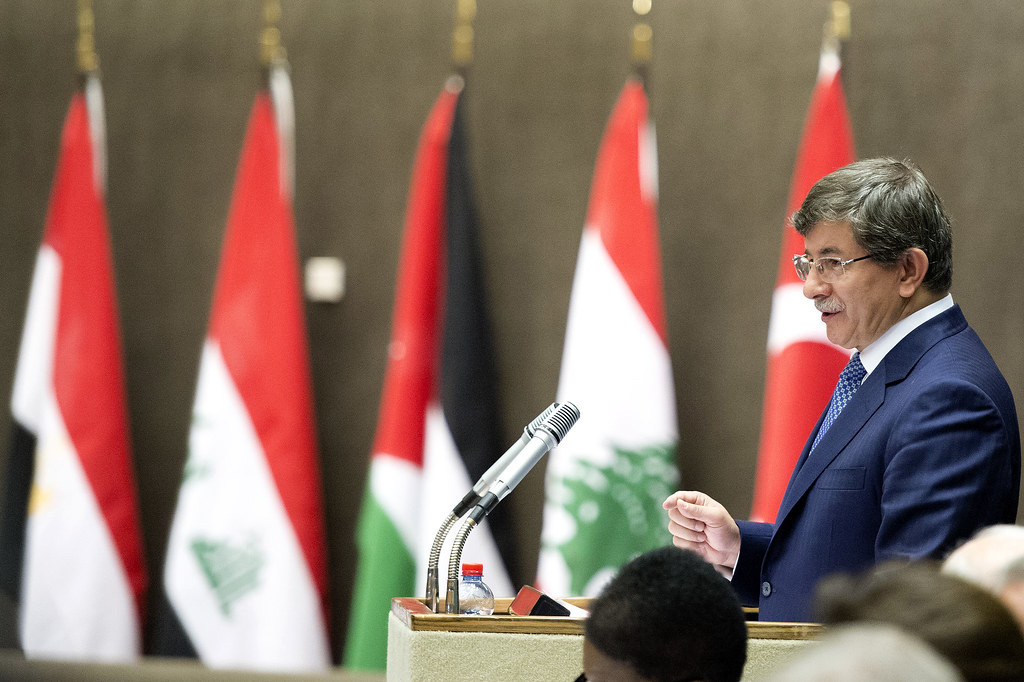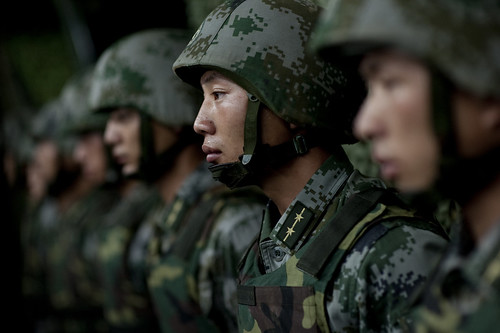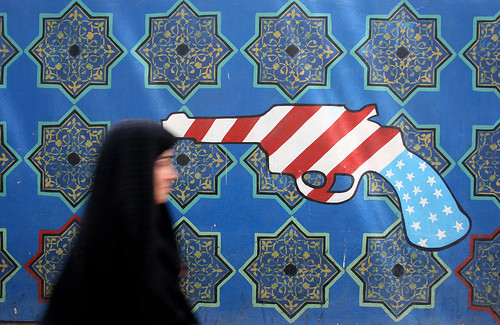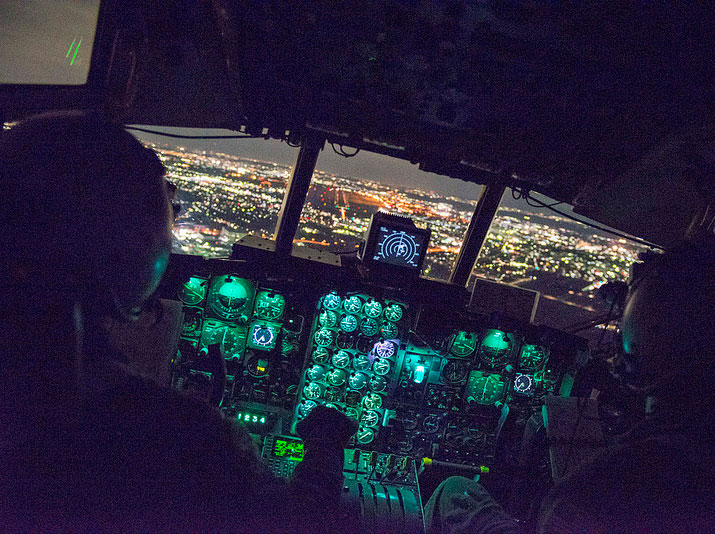
What has become of Turkey’s so-called ‘Zero Problems’ foreign policy? What should we think about the country’s evolving role as a regional actor? And when we ask the latter question, which region are we actually talking about? These questions were the focus of a recent discussion, sponsored by the Center for Security Studies, with Dr. Şaban Kardaş, who is an Associate Professor in the Department of International Relations at TOBB University of Economics and Technology in Ankara.
Dr. Kardaş argued that in order to answer these questions properly, we must understand the notion of Turkey as a ‘central’ country or power. In other words, we must recognize that Turkey’s geography and history seem to demand that Ankara play a leading role in its region. What Dr. Kardaş meant by a ‘region’, however, turned out to be quite expansive indeed.




